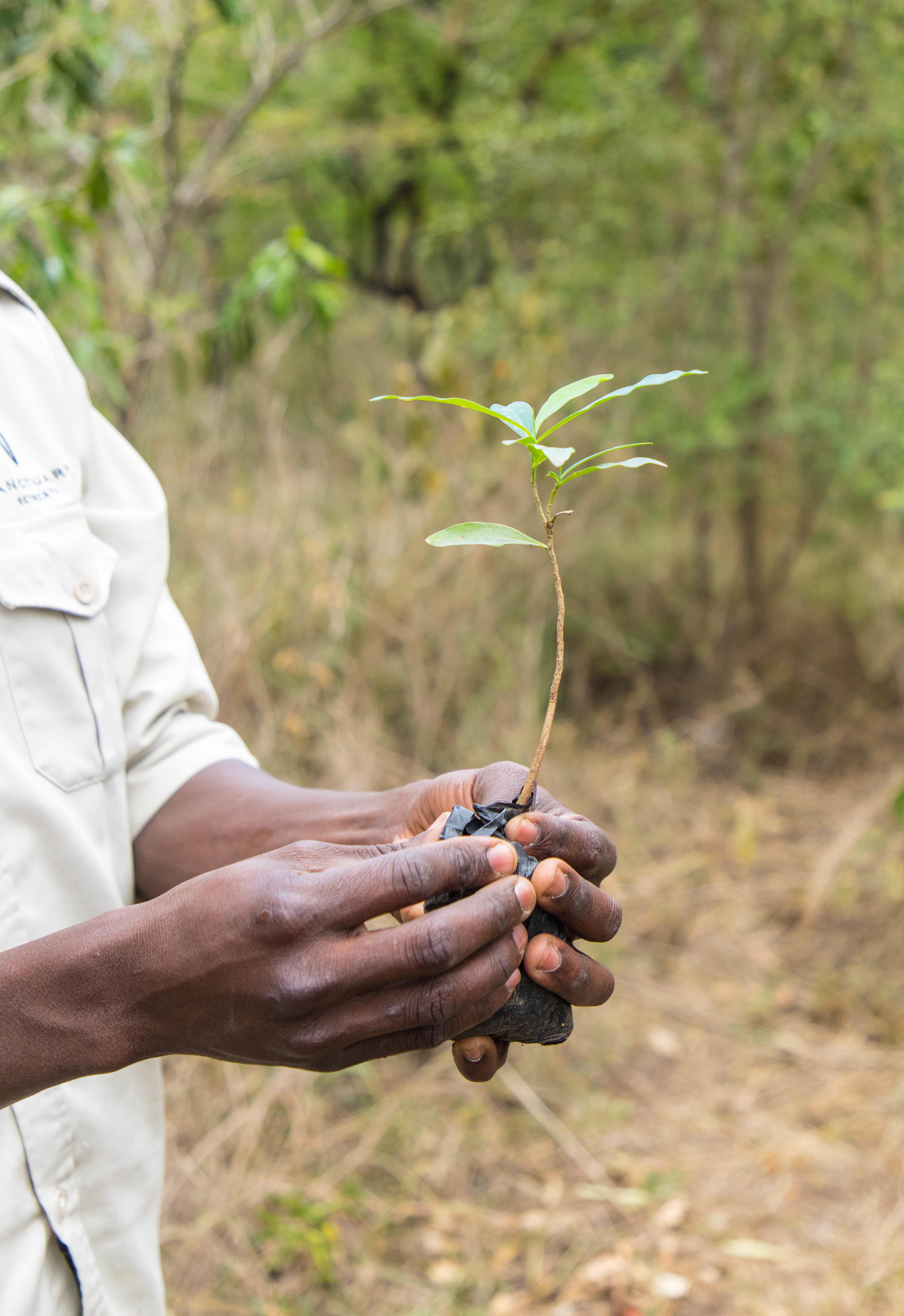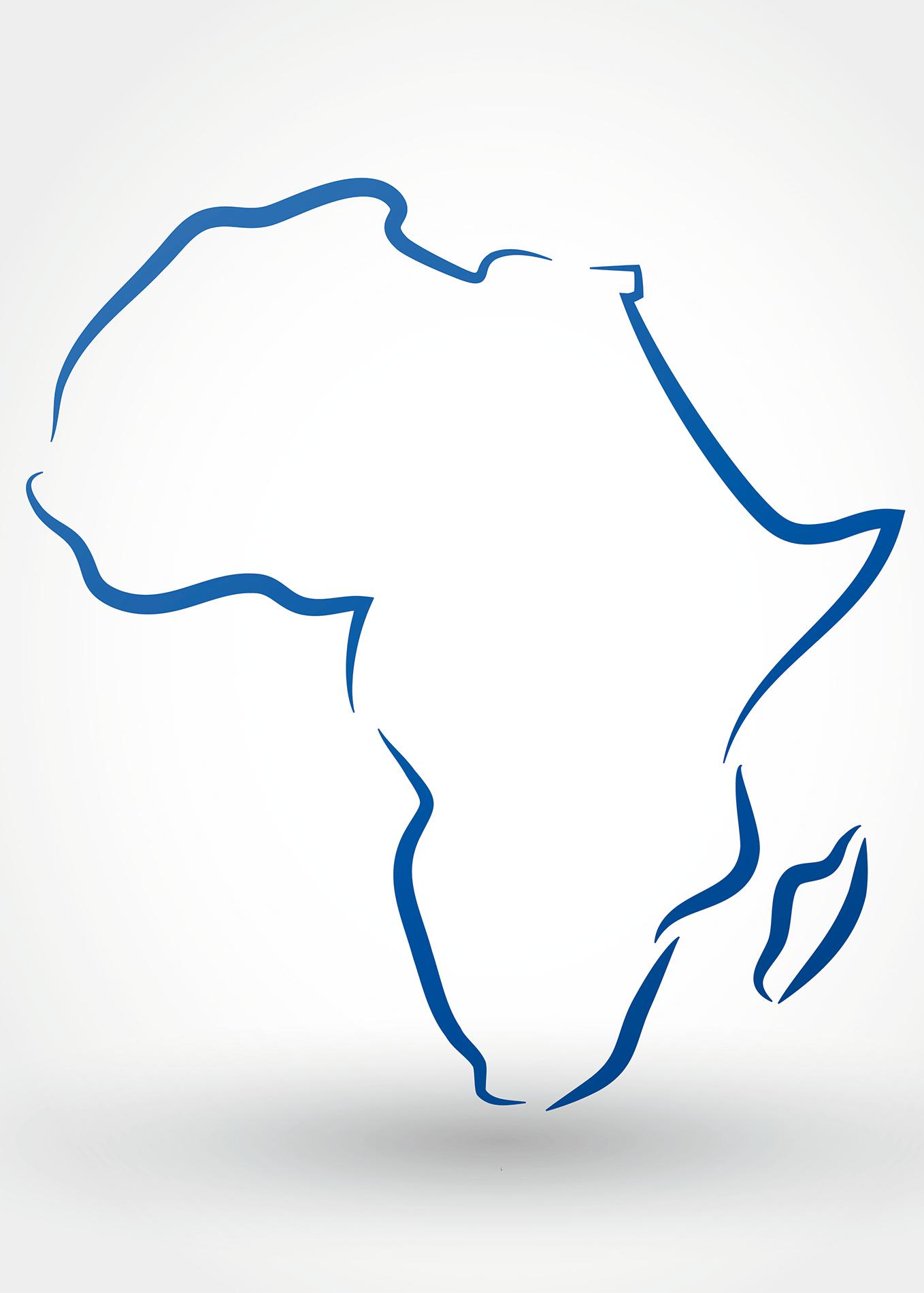
The subject matter excluded from patentability in Africa

Article 27 of the Trade-Related Aspects of Intellectual Property Rights Agreement (TRIPS) rules the patentable subject matter. However, its numbers 2 and 3 establish merely a permission, providing that some subject matter may be excluded by Treaty Members. This is one of the reasons why the rules that determine the patentable subject matter in national or regional laws differ.
In Africa these differences are evident. One of the reasons may be that, while in Europe, for instance, the European Patent Convention impelled Member States to have very similar rules, in Africa there is not a similar single regional convention, but two main conventions: African Regional Intellectual Property Organization (ARIPO) and African Intellectual Property Organization (OAPI). In addition to this, these two regional conventions do not cover all African countries.
The purpose of this text is to contribute to some clarification on the topic of subject matter excluded from patentability in Africa.
The standard rules – TRIPS, OAPI and ARIPO
The exclusions provided for in numbers 2 and 3 of Article 27 of TRIPS are also present in ARIPO’s and OAPI’s rules. In addition these regional conventions provide other excluded subject matter related to the concept of invention. Essentially, the excluded subject matter under ARIPO and OAPI is the same and covers the following:
- discoveries, scientific theories and mathematical methods;
- aesthetic creations;
- schemes, rules and methods for performing mental acts, playing games or doing business, and programs for computers;
- presentation of information;
- inventions wherein the commercial exploitation of which would be contrary to "ordre public" or morality;
- plant or animal varieties or essentially biological processes for the production of plants or animals; this provision shall not apply to microbiological processes or the products thereof;
- methods for treatment of the human or animal body by surgery or therapy and diagnostic methods practiced on the human or animal body.
Considering that patents in OAPI’s Member States can only be issued by OAPI, we can conclude that there is currently harmonization in the 17 countries that form this convention:
- Benin
- Burkina Faso
- Cameroon
- Central African Republic
- Chad, Congo, Ivory Coast
- Equatorial Guinea
- Gabon
- Guinea
- Guinea-Bissau
- Mali
- Mauritania
- Niger
- Senegal,
- Togo
- Comoros.
On the other hand, ARIPO’s Member States can issue national patents. This results in some countries having rules that are harmonized with ARIPO’s and others that do not. The only three countries that can be considered to follow ARIPO’s rules are Lesotho, Liberia and Mozambique.
Different rules within ARIPO member states
Other ARIPO’s Member States have different rules. The divergences are in some cases not to broad and in others very significant. Some ARIPO countries don’t follow the standard rules by omitting some exclusions.
While in Botswana only presentations of information are not excluded, in Ghana and Sierra Leone presentations of information and programs for computers are not excluded.
In Gambia and Tanzania besides these two subject matters, aesthetic creations are also not excluded. In Kenya more subject matter is allowed as aesthetic creations, schemes, rules and methods for performing mental acts, playing games or doing business, and programs for computers, presentation of information, plant or animal varieties or essentially biological processes for the production of plants or animals, methods for treatment of the human or animal body by surgery or therapy and diagnostic methods practiced on the human or animal body are not excluded.

In São Tomé and Príncipe plant or animal varieties or essentially biological processes for the production of plants or animals are not excluded. However, substances, materials, mixtures, elements or products of any type, resultant from atomic nuclear transformation, as well as the modification of their physical and chemical properties and the respective processes of obtaining or modifying them and processes for cloning human beings are excluded from patentability.
Sudan does not have specific mentions in their respective main laws about aesthetic creations, schemes, rules and methods for performing mental acts, playing games or doing business, and programs for computers, presentation of information, plant or animal varieties or essentially biological processes for the production of plants or animals, methods for treatment of the human or animal body by surgery or therapy and diagnostic methods practiced on the human or animal body.
The former Swaziland, now Eswatini, diverges from the standard rules by omitting exclusions regarding aesthetic creations, presentation of information, programs for computers, plant or animal varieties or essentially biological processes for the production of plants or animals.
Other ARIPO countries deviate from standard rules, not by omission, but by adding excluded subject matter.
In Malawi a patent application is to be rejected if “it claims as an invention a substance capable of being used as food or medicine which is a mixture of known ingredients possessing only the aggregate of the known properties of the ingredients, or that it claims as an invention a process producing such a substance by mere admixture, he may refuse the application.”
In Namibia, besides standard exclusions the following amongst others can be found: “(1) (…) (h) the human body and all its elements in whole or in part; (i) the whole or part of natural living beings and biological materials found in nature, even if isolated from it or purified, including the genome or germplsam;” (…) “(k) new use of a known process, machine or apparatus unless such known process results in a new product or employs at least one new reactant.”
In Rwanda is also excluded “known substances for which a new use has been discovered; this provision shall not apply to the use itself, where it constitutes an invention under article 5(7) of this Law” and “pharmaceutical products, for the purposes of international conventions to which Rwanda is party”.

Uganda Law besides omitting the exclusion of programs for computers, excludes “pharmaceutical products and test data until 1st January 2016 or such other period as may be granted to Uganda or least developed countries by the Council responsible for administering the Agreement on trade related aspects of intellectual property under the World Trade Organization” and “the human body and all its elements in whole or in part”.
In Zambia, amongst other excluded subject matter, the following cannot be patented: “c) DNA, including complementary DNA sequences, cells, cell lines and cell cultures and seeds; (d) the whole or part of natural living beings and biological materials found in nature, even if isolated or purified, including the genome or germplasm of any natural living being; (e) new uses of a known product, including the second use of a medicine; (f) juxtaposition of known inventions or mixtures of known products or alteration of the use, form, dimensions or materials, except where in reality they are so combined or merged that they cannot function separately or where their characteristic qualities or functions have been so modified as to produce an industrial result or use not obvious to a person skilled in the art”.
Finally, in Zimbabwe a patent application that “claims as an invention a substance capable of being used as food or medicine which is a mixture of known ingredients possessing only the aggregate of the known properties of the ingredients or that it claims as an invention a process producing such a substance by mere admixture; he may refuse the application”, cannot be patented.
Different rules of countries that are not an ARIPO nor OAPI member state
Different rules of countries that are not an ARIPO nor OAPI member state
If divergences from the standard rules can be found in the legislation of countries that are member states of a reginal convention (ARIPO), in the countries that are not a party of OAPI nor ARIPO differences obviously exist.
In Egypt patents also shall not be granted for organs, tissues, live cells, natural biological substances, nuclear acid and genome. Presentation of information is not mentioned in Ethiopia. This omission also happens in Seychelles and Mauritius, where programs for computers are not excluded as well. In the Democratic Republic of the Congo the number of exclusions omitted is higher as presentation of information, plant or animal varieties or essentially biological processes for the production of plants or animals and methods for treatment of the human or animal body by surgery or therapy and diagnostic methods practiced on the human or animal body are not expressly excluded.
In Nigeria the differences are even more severe as the standard exclusions of aesthetic creations, schemes, rules and methods for performing mental acts, playing games or doing business, and programs for computers, presentation of information, methods for treatment of the human or animal body by surgery or therapy and diagnostic methods practiced on the human or animal body, do not exist.
In Madagascar applications for patents related to pharmaceutical, veterinary, cosmetic and food products are not admitted. South Sudan Law is very similar to Sudan’s and Kenya. Cape Verde besides omitting the exclusion of programs for computers adds the exclusions of, amongst others, “materials or substances which already exist in nature and nuclear materials”.
In Angola in addition to some omissions of standard exclusions, the following is not patentable: “food and chemical-pharmaceutical products and medicines intended for human or animal consumption, the apparatus or processes employed in their manufacture being patentable.” Libya has a similar exclusion. Tunisia excludes “all types of live substance existing in nature”, Zanzibar excludes “new uses or forms of known product or process” and “the human body and all its elements in whole or in part” and Burundi excludes “Known substances for which a new use has been discovered”.
Conclusion
From the above it may be concluded that only OAPI countries and ARIPO’s Lesotho, Liberia and Mozambique have rules regarding subject matter excluded from patentability that can be considered standard, as they coincide with OAPI and ARIPO rules. This represents 20 countries, less than half the African countries.
This article was originally published in The Patent Lawyer Magazine





